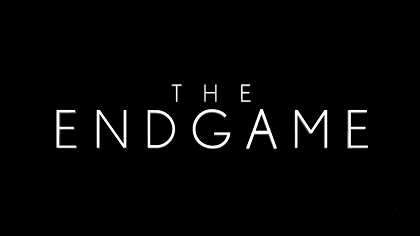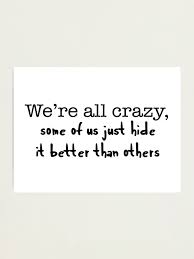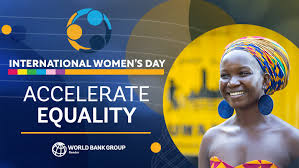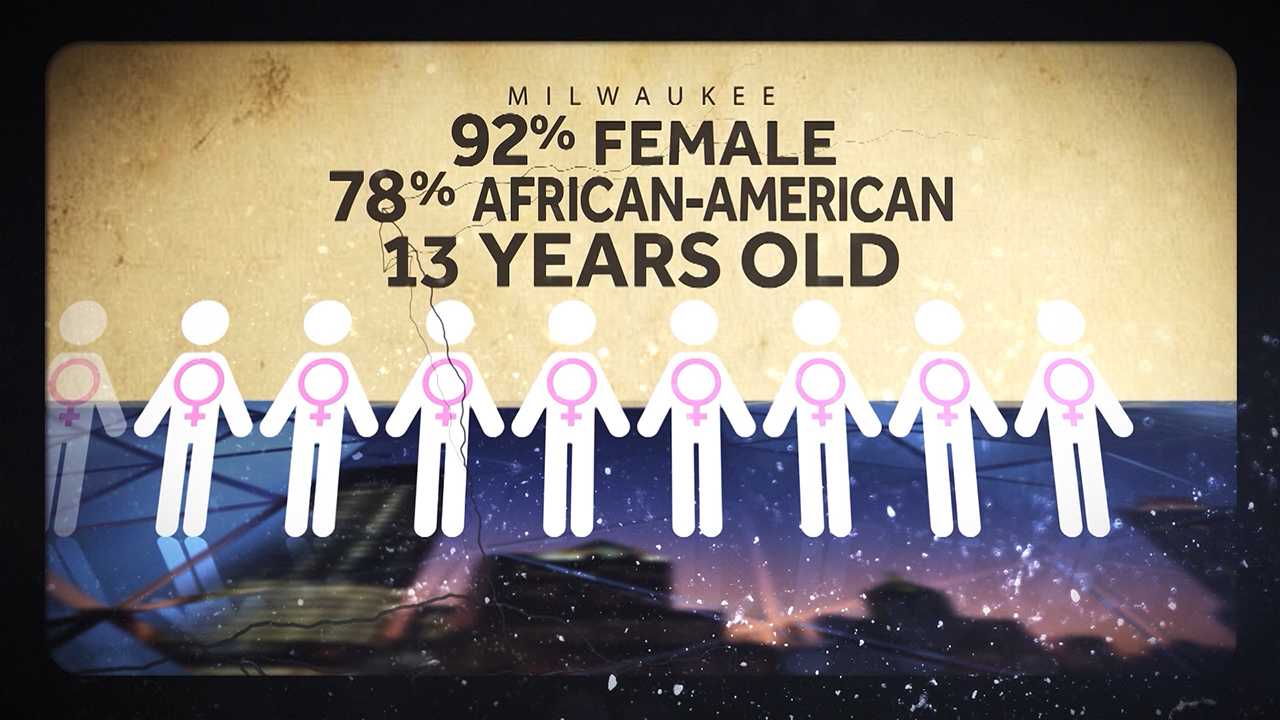This is another example of the failure of Black Religious Leadership to properly guide and represent Black people, and their interest, instead of looking out for themselves. Maybe they need to spend time reading and understanding these two verses in their Bibles, Jere 23:1-2, Matt 7:15. I think the religious need to always forgive people that don’t ask for forgiveness, or show repentance, is sick and misguided.
Read the article below and leave your comments.
WASHINGTON — A group of black pastors Monday criticized African-American opponents of attorney general nominee Sen. Jeff Sessions for demonizing the Alabama Republican, instead characterizing him as someone who shows “respect and care for people of all races.”
The ministers are holdout Sessions supporters in a much larger crowd of opponents among Southern black clergy and African-American and civil rights groups, including the North Carolina Southern Christian Leadership Conference, the Alabama NAACP and the activist group PICO, which uses congregations and churches to help in community organizing.
“There is an attempt by some to demonize people and call them racist when there is actually no proof for it,” Evangelical Bishop Harry Jackson said at a Capitol Hill news conference. “Let me say clearly, Sen. Sessions is not a racist.”
Jackson, the pastor of Hope Christian Church in Beltsville, Md., said Sessions “worked to bankrupt the KKK in Alabama with a $7 million judgment,” and helped to desegregate the state’s public school system.
But clergy who are leaders of the African-American organizing group PICO, sent a different message Monday to the Senate Judiciary Committee that will consider whether to recommend confirmation of Sessions by the full Senate. The committee will hear from Sessions on Tuesday.
Desmond Meade, president of the civil rights group Florida Rights Restoration Coalition, said Sessions has not shown a strong commitment to racial equality or social justice.
“When you talk about the position of attorney general of the United States, that is an extremely powerful position, and I think it is prudent to scrutinize any individual being considered,” Meade said. “I don’t think that is a form of racism, and I’m weary of anyone that doesn’t have a sustained history of campaigning for civil rights. [Sessions] has not demonstrated a strong commitment to the restoration of civil rights.”
In 1986, Sessions was denied a federal judgeship after allegations of racism in his decisions as a U.S. attorney in Alabama. At least one former colleague testified before the Senate Judiciary Committee that Sessions supported the Ku Klux Klan until he realized its members used marijuana. “One of the most important factors [in confirming a nominee] in my opinion, is to have an open and honest process,” says Dr. William Merritt, North Carolina Southern Christian Leadership Conference state field director. “That gives any individual the right to present themselves in the manner that qualifies them for their job.”








Comments (3)
Dr. Katrina Hazzard-Donald
Black churches should buy out middlemen minority businesses such as Korean, Dominican, Arab etc. community stores and restaurants/takeouts and put our young men and women to work in our own communities. If the middlemen won’t sell then boycott them and force a sale. Black churches can raise the money in several weeks to do this. If Black folks don’t force activism into their churches those churches should cease to function. Remember “prayer without works is dead”.
Omolara Talibi
I like your proposal. Years ago, I saw an interview of Rev Wyatt T Walker’s where he said his mentor was an elderly preacher that sold chickens and was ridiculed for being the Chicken Man Preacher. Walker said the elder told folks that it was important for Black people to create businesses for themselves and others in order to gain economically. Sorrowfully, the pastor was thought a fool.
Omolara Talibi
I question that knee grow pastor’s statement about Sessions ruling against the KKK which caused thenm to lose $7 million. I believe it was Al Franken that pointed out that the cases Sessions marked as partaking in wasn’t really true. He bought out the transcripts and made Sessions admit that all he did was sign the papers as the supervisor of the division.